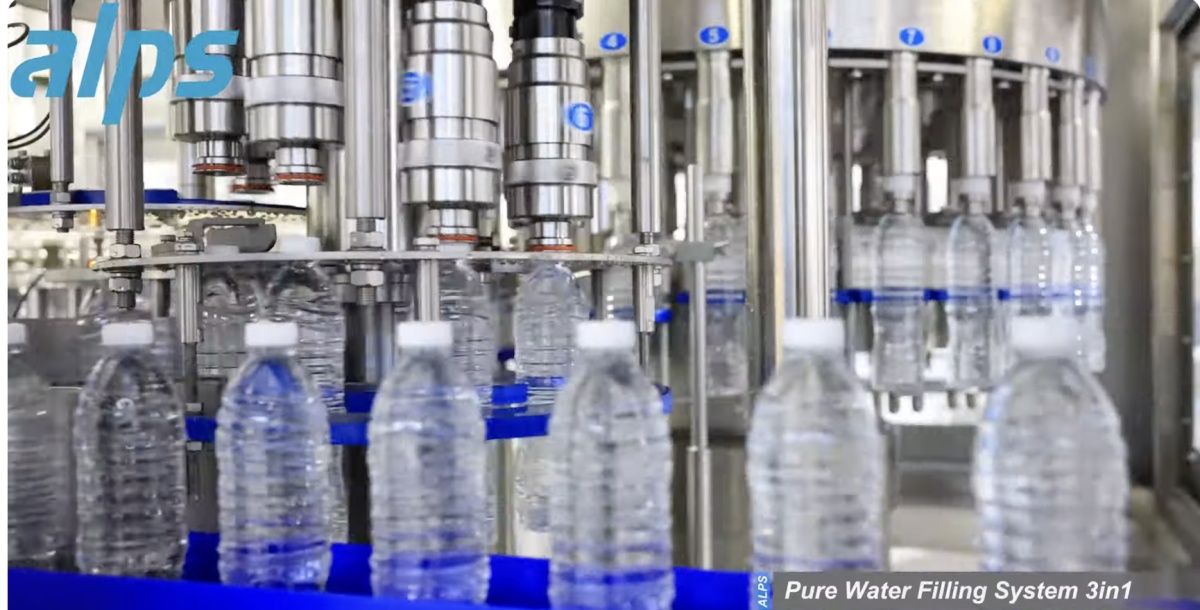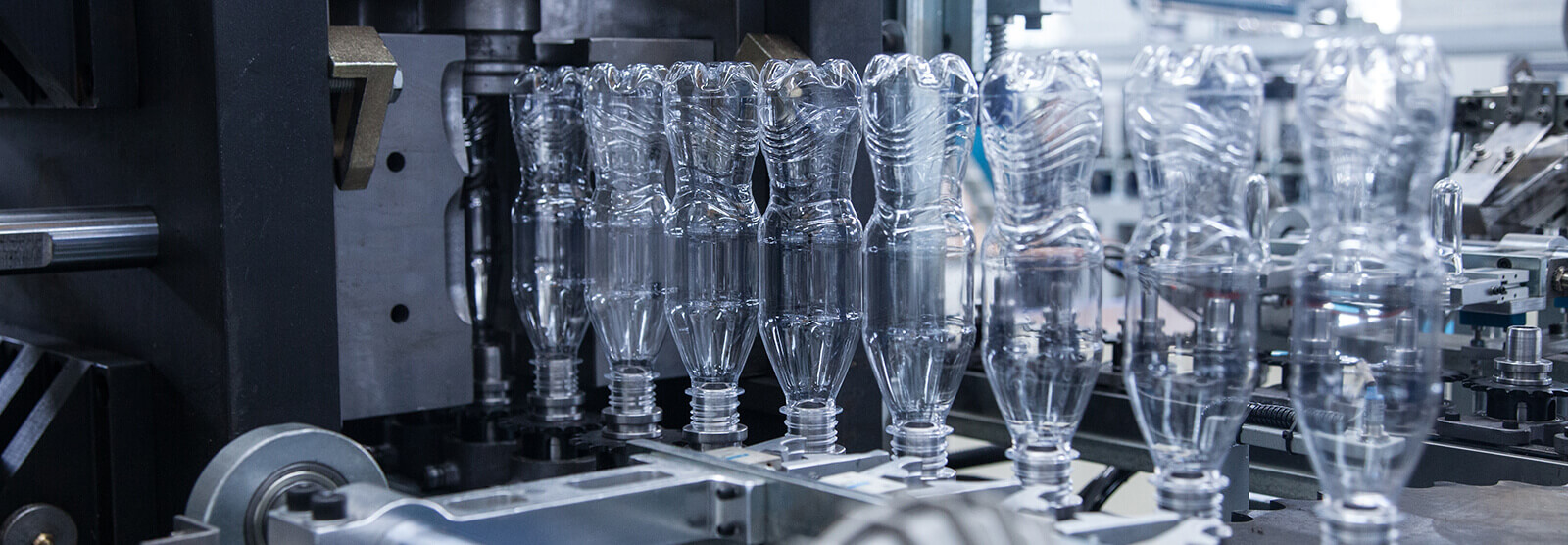Advanced Liquid Package Solution
The global bottled water market has experienced significant growth over the past decade, driven by increasing consumer awareness of health, convenience, and hygiene. As this market expands, water filling production lines have evolved from simple, manual operations to highly automated, intelligent systems capable of meeting high-volume demand with consistent quality.
For manufacturers, staying ahead of emerging trends in water filling production is not just about efficiency—it is about competitiveness. Companies that adopt the latest technologies, sustainable practices, and flexible production methods can capture new market opportunities while reducing operational costs. This article explores the key trends shaping the future of water filling production and what manufacturers can expect in the coming years.
One of the most notable trends in water filling production line is the move toward automation and smart manufacturing. Traditional filling lines relied heavily on manual intervention for bottling, capping, and labeling. Today, fully automated systems are becoming the norm, enabling manufacturers to increase output, minimize human error, and ensure hygiene standards.
Key developments include:
IoT integration: Modern filling machines are equipped with sensors and connectivity that provide real-time monitoring of the filling process. Manufacturers can track production speed, detect anomalies, and even control machines remotely.
Predictive maintenance: Using AI-powered algorithms, machines can anticipate potential failures before they occur, reducing downtime and extending equipment lifespan.
Robotics: Automated robots handle bottle feeding, cap placement, and palletizing, reducing labor costs and enhancing production speed.
Automation not only improves efficiency but also ensures a higher level of quality control, which is crucial for bottled water manufacturers operating in competitive markets.
Environmental concerns and consumer demand for sustainable products are driving a shift toward eco-friendly water packaging. Water filling lines are being designed with sustainability in mind, from reducing energy consumption to supporting recyclable and lightweight bottles.
Trends in sustainable production include:
Use of recycled PET (rPET): Plastic bottles are increasingly made from recycled materials, reducing the environmental footprint.
Glass and biodegradable packaging: Some premium brands are reintroducing glass bottles or adopting plant-based plastics to appeal to eco-conscious consumers.
Energy and water efficiency: Modern filling lines consume less energy and minimize water waste during the rinsing and cleaning stages.
Manufacturers adopting these practices are not only helping the environment but also building brand loyalty among eco-conscious consumers.

With hygiene being a top priority in bottled water production, water filling lines are increasingly equipped with advanced sterilization and safety technologies. Contamination risks are mitigated through innovative cleaning and sterilization methods, ensuring that every bottle meets stringent quality standards.
Key innovations include:
UV sterilization and ozone treatment: These methods sterilize bottles, pipes, and filling valves without the use of harsh chemicals.
Aseptic filling: This technology allows for filling in a sterile environment, extending the shelf life of water and other beverages.
Automated CIP (Clean-in-Place) systems: CIP systems clean and sanitize the internal surfaces of the machines without disassembly, saving time and labor.
As regulations around food safety tighten globally, manufacturers are investing in these technologies to comply with international standards and protect consumer health.
Flexibility is becoming increasingly important in water filling production. Consumers are demanding a wider variety of bottle sizes, shapes, and beverage types, and manufacturers need equipment that can adapt quickly.
Emerging trends include:
Modular equipment design: Production lines can be reconfigured or expanded to handle different bottle sizes, filling methods, or even beverage types such as carbonated water or flavored water.
Multi-product capability: Some modern lines allow the same equipment to switch between water, carbonated beverages, and juice, providing manufacturers with versatility and cost savings.
Rapid changeovers: Modular designs reduce downtime between product changes, enabling faster response to market demands.
This modularity ensures that plants remain agile and can respond to shifting consumer preferences without significant investment in new machinery.
The integration of digital systems and data analytics into water filling production is transforming how plants operate. By leveraging real-time data, manufacturers can optimize production, reduce waste, and make informed decisions.
Key applications include:
ERP and MES integration: These systems track production metrics, inventory, and workflow, allowing for better planning and resource allocation.
Predictive analytics: Data collected from sensors can be used to predict machine wear, monitor water quality, and optimize production schedules.
Remote monitoring and control: Plants can now monitor filling lines from anywhere, enabling quick interventions and troubleshooting.
By adopting digital systems, manufacturers can improve efficiency, ensure consistent quality, and reduce operational costs.
The rise of functional beverages is influencing water filling production. Consumers increasingly prefer water enriched with vitamins, minerals, or electrolytes, driving manufacturers to adapt their production lines accordingly.
Trends include:
Hot-fill and aseptic processes: These methods allow manufacturers to safely fill enriched or fortified water products without compromising their quality.
Specialized labeling and coding: Functional beverages often require detailed labeling to highlight health benefits, nutritional content, and certifications.
Quality control enhancements: Ensuring precise dosing of vitamins and additives requires advanced monitoring and filling technology.
Filling lines that can handle functional and enriched water products allow manufacturers to tap into the growing health-conscious consumer segment.

While large-scale production remains important, there is a growing market for small-scale, boutique water bottling operations. Urban markets and niche brands are demanding compact, high-efficiency equipment that is both cost-effective and space-saving.
Key trends include:
Compact design: Small footprint machines are ideal for urban plants or craft water producers.
Energy efficiency: Smaller machines often consume less electricity and water, aligning with sustainability goals.
Ease of maintenance: Compact machines are designed for simplified cleaning and maintenance, reducing operational complexity for smaller teams.
This trend enables startups and small brands to enter the bottled water market without massive capital investment while maintaining high-quality production standards.
The future of water filling production is shaped by automation, sustainability, hygiene, modularity, digital integration, health-oriented products, and compact efficiency. Manufacturers who embrace these trends can achieve higher productivity, reduce operational costs, and meet the evolving expectations of modern consumers.
Investing in next-generation water filling equipment is not just about keeping up with technology—it is about staying competitive in a dynamic market. By adopting smart, flexible, and eco-friendly production methods, manufacturers can enhance product quality, improve operational efficiency, and build long-term brand value.
For companies seeking comprehensive water filling and beverage production solutions, ALPS Machine offers advanced machinery and turnkey project services. As a leading enterprise in research and production of beverage filling and packing machines, ALPS Machine provides customized workshop design, machine layout, water, gas, and electrical cable planning, as well as label and bottle design.
From water treatment systems, mineral water filling machines, labeling and packing machines, CSD and juice production lines, 5-gallon water production lines, PET bottle blowing machines, to injection molding machines, ALPS Machine ensures that every production line operates efficiently and reliably. Our mission is to help customers win their market by providing complete solutions that guarantee plants run smoothly and products reach consumers with consistent quality.

By continuing to use the site you agree to our privacy policy Terms and Conditions.